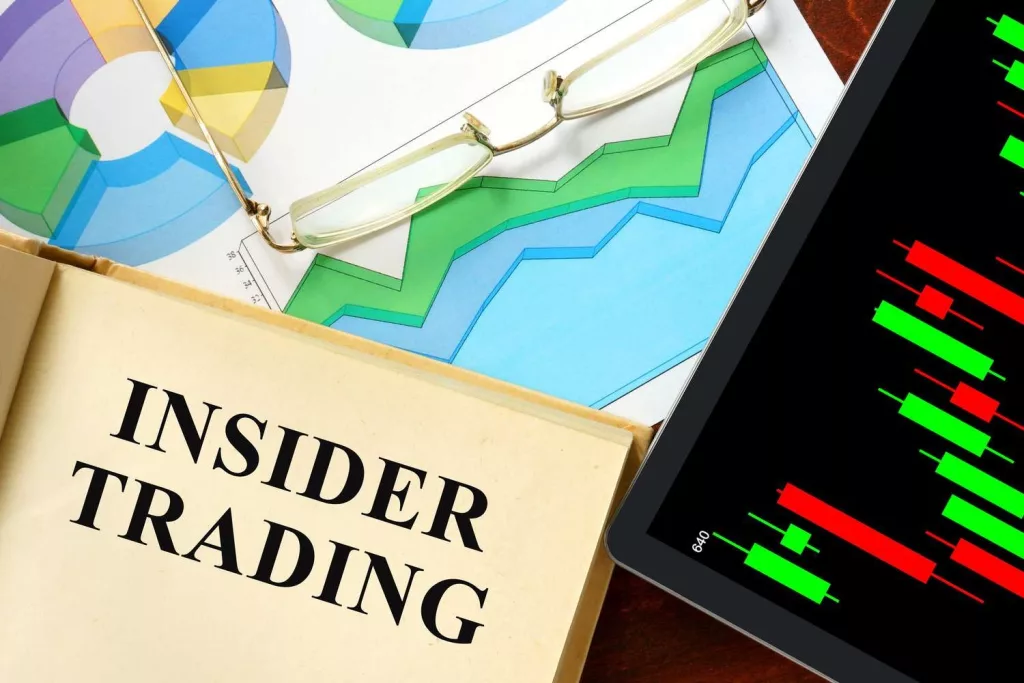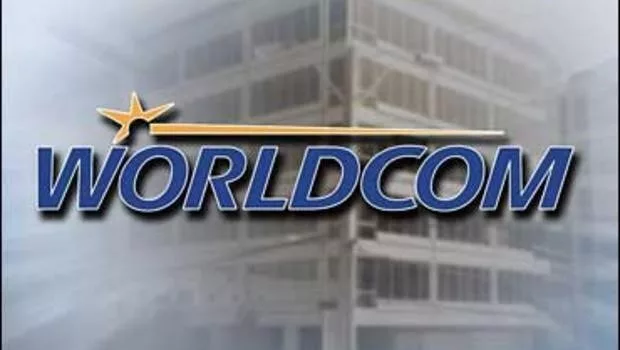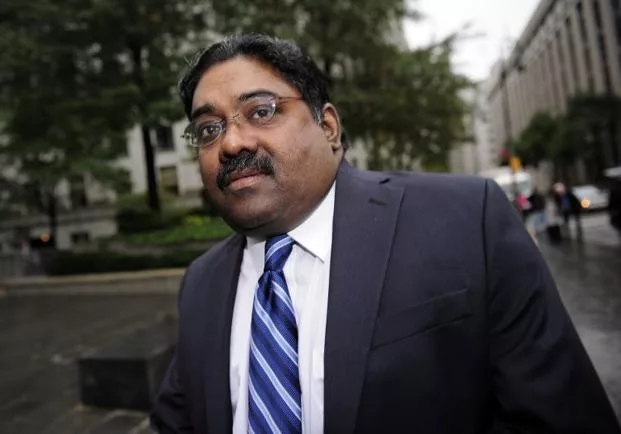
Introduction
Companies and Individuals Involved is a comprehensive list of all reported cases of insider trading. It includes both companies and individuals involved in recent insider trading cases and includes details about the trades themselves, the profits or losses, the legal repercussions, and any applicable case law. This article is invaluable to anyone with an interest in insider trading and the inner workings of the stock market.
As a result of high-profile insider trading cases, the risks and legal consequences of trading on inside information have come under closer attention. So, this collection of insider trades is a crucial resource for investors and academics interested in the potential benefits and drawbacks of trading on non-public knowledge.
Companies Involved in Insider Trading
Insider trading occurs when workers, directors, or big shareholders gain financial advantage by the purchase or sale of a business’s stock while in possession of material, non-public knowledge about the company. Here are some of the Companies’ Insider Trading lists are as follows.
Wells Fargo Insider Trading
During the past few years, Wells Fargo has been scrutinized for alleged insider trading. US authorities have charged four Wells Fargo bank workers with insider trading in 2018. It was alleged that the four people had utilized private knowledge to buy bank stock before the announcement was made public. The claimed earnings from the employees’ wrongdoing totaled more than $3 million. The findings led to a $3.6 million penalty for Wells Fargo for inadequate insider trading controls.
JP Morgan Chase Insider Trading
Insider trading scandals involving JP Morgan Bank have also surfaced in recent years. A former JP Morgan employee was charged with insider trading by the US Department of Justice and the SEC in 2016. The employee had reportedly bought stocks before the bank’s public announcements using insider information. Hence, the worker gained over a million dollars in compensation. JP Morgan paid a $1.5 million punishment in 2017 because its insider trading prevention measures were inadequate.
Bank of America Insider Trading
There have been many probes into alleged insider trading at Bank of America. The bank was hit with a $7.5 million penalty in 2018 for failing to implement sufficient measures to prevent insider trading. Former Bank of America employee charged with insider trading; DOJ and SEC fined accordingly. The worker allegedly made over $3 million in profit by using inside information to buy stocks before the bank made their statements public.

WorldCom
Those with intimate knowledge of WorldCom’s finances would use that knowledge to make trades in the public markets involving WorldCom shares. Large telecoms firm WorldCom filed for bankruptcy in 2002 due to accounting fraud.
WorldCom’s top executives engaged in questionable accounting procedures to artificially inflate reported earnings and conceal losses, leading to the company’s current debacle. The stock price dropped dramatically once word of the deception spread, costing investors billions.
Several WorldCom officials allegedly engaged in insider trading by making use of their inside knowledge of the company’s financial situation in the run-up to the stock’s precipitous decline. In the months before WorldCom’s bankruptcy, several of the company’s insiders had been selling their shares. Maybe the best-known case of this is former CEO Bernie Ebbers, who sold over $300 million in WorldCom stock before the scam was uncovered.
Martha Stewart Living Omnimedia
There’s a New Martha Stewart Magazine Out There! In the United States, Omnimedia was created in 1997 as a media and merchandise corporation. Before its demise in 2004 as a result of an insider trading scandal, it was one of the most successful firms in the world. Martha Stewart, the company’s creator, and CEO were found guilty of insider trading, which led to the controversy.
ImClone Systems
The biotechnology firm ImClone Systems was responsible for the creation and distribution of several anti-cancer medications, including Erbitux. When former CEO Sam Waksal was suspected of selling his ImClone stock before the public publication of a negative FDA review of Erbitux in 2001, the company was engulfed in an insider trading scandal.
Waksal had informed his loved ones, such as his daughter Aliza and celebrity investor Martha Stewart, to sell their ImClone stock before the FDA evaluation was made public. Insider trading charges were brought against both Waksal and Stewart, with Waksal receiving a seven-year term and Stewart receiving a five-month sentence.
Because of the incident, ImClone Systems went out of business and Eli Lilly and Company bought its assets in 2008. The incident had far-reaching effects on the stock market and the financial industry as a whole, heightening public awareness of the dangers of insider trading and increasing the scrutiny insiders face.
Goldman Sachs
Goldman Sachs was established in 1869 as a New York City-based American international investment bank and financial services firm. It is so successful that it is often categorized as a “bulge bracket” company. When the subprime mortgage crisis hit in 2008, Goldman Sachs was there, and in 2010 it was found guilty of securities fraud. Mortgage-backed securities sold by the company were said to have misled investors. Insider trading and fraud were determined to have been committed by several Goldman Sachs officials.
Citigroup
Founded in 1812, Citigroup is a global financial services and investment banking corporation headquartered in New York City. It is so successful that it is often categorized as a “bulge bracket” company. For its part in the 2008 subprime mortgage crisis, Citigroup was found guilty of securities fraud in 2011. Companies selling mortgage-backed securities have been accused of deceiving investors.
UBS AG
The United Bank for Switzerland (UBS AG) is a Swiss international investment bank and financial services corporation that has been in operation since 1862. It is so successful that it is often categorized as a “bulge bracket” company. As a result of its involvement in the 2008 subprime mortgage crisis, UBS AG was found guilty of securities fraud in 2009. Mortgage-backed securities sold by the company were said to have misled investors.
Individuals Involved in Insider Trading
Individuals Involved in Insider Trading refers to individuals who buy or sell securities in a company based on nonpublic information. Insider trading is illegal in most countries and is a form of securities fraud. Here are some of the Insider Trading lists of people who trade on inside information.
Martha Stewart
Martha Stewart is a businesswoman, writer, and TV personality from the United States who was found guilty of insider trading in 2004. She lied to federal authorities about a stock sale she made in 2001, and she was found guilty of doing so. She received a federal jail term of five months, followed by five months of home detention, and then two years of supervised release.

Raj Rajaratnam
For insider trading in 2011, the United States of America sentenced Sri Lankan-American Raj Rajaratnam, a hedge fund manager. He received the longest-ever prison term for insider trading after being found guilty of utilizing confidential information to trade in the stocks of various companies.
Bernie Madoff
Bernie Madoff, a convicted American banker, and fraudster, is notorious for his multibillion-dollar Ponzi scheme. In 2008, he was found guilty on eleven charges linked to insider trading, including securities fraud, money laundering, and more. He received a prison term of 150 years.
Ivan Boesky
Ivan Boesky is an American entrepreneur and former investment banker who was charged with insider trading in 1986 and pleaded guilty to the crime. Because of his part in a major insider trading incident, he received a term of three years in prison and a fine of one hundred million dollars.
Dennis Levine
In 1986, American investment banker Dennis Levine entered a guilty plea to charges of engaging in illegal insider trading. He was the first person to be convicted in connection with the scandal, and as a result of his involvement, he was given a term of two years in prison as well as a fine of $362,000.
Rajat Gupta
Rajat Gupta was a highly respected business leader who, in 2012, was convicted of insider trading related to his involvement with the Galleon Group hedge fund. He was sentenced to two years in prison and was fined $5 million. Gupta was accused of passing confidential information to Raj Rajaratnam, the founder of Galleon, and other associates. He was also accused of passing insider information to his business partner, Rajat Pal. Gupta was a former Goldman Sachs and Procter & Gamble board member and a former McKinsey & Company managing director.
Rajat Pal
Rajat Pal was Gupta’s business partner and was charged with insider trading for providing Gupta with confidential information. Pal was sentenced to nine months in prison for his role in the scandal and was also fined $1.5 million. Pal was accused of passing confidential information to Raj Rajaratnam, the founder of Galleon, and other associates.
Barry Minkow
Barry Minkow was an American businessman who pleaded guilty to securities fraud related to his involvement in the ZZZZ Best insider trading scandal. Minkow was accused of providing false information to investors in an effort to inflate the company’s stock prices. He was sentenced to 25 years in prison and was also ordered to pay over $200 million in restitution.
Sam Waksal
Sam Waksal was the founder of the biopharmaceutical company, ImClone. He was found guilty of insider trading in 2002 after he attempted to sell his stock in the company ahead of a negative drug trial announcement. Waksal was sentenced to seven years in prison and was ordered to pay a fine of $4.3 million.
David Pajcin
David Pajcin was the former managing director of the hedge fund, SAC Capital Advisors. He was found guilty of insider trading in 2013 and was sentenced to two years in prison. Pajcin was accused of passing confidential information to traders in order to make illegal profits. He was also ordered to pay a fine of $1.8 million.
Michael Steinberg
Michael Steinberg was a former portfolio manager at SAC Capital Advisors. He was found guilty of insider trading in 2013 and was sentenced to three and a half years in prison. Steinberg was accused of passing confidential information to traders in order to make illegal profits. He was also ordered to pay a fine of $2 million.
Conclusion
The repercussions of insider trading are significant. Insider trading is practiced by a wide range of businesses and individuals, from multinational conglomerates to individual traders. Insider trading can get you arrested and even put you in jail in some situations. When dealing with sensitive information, businesses and people should exercise extreme caution and be aware of the risks and consequences of insider trading.







